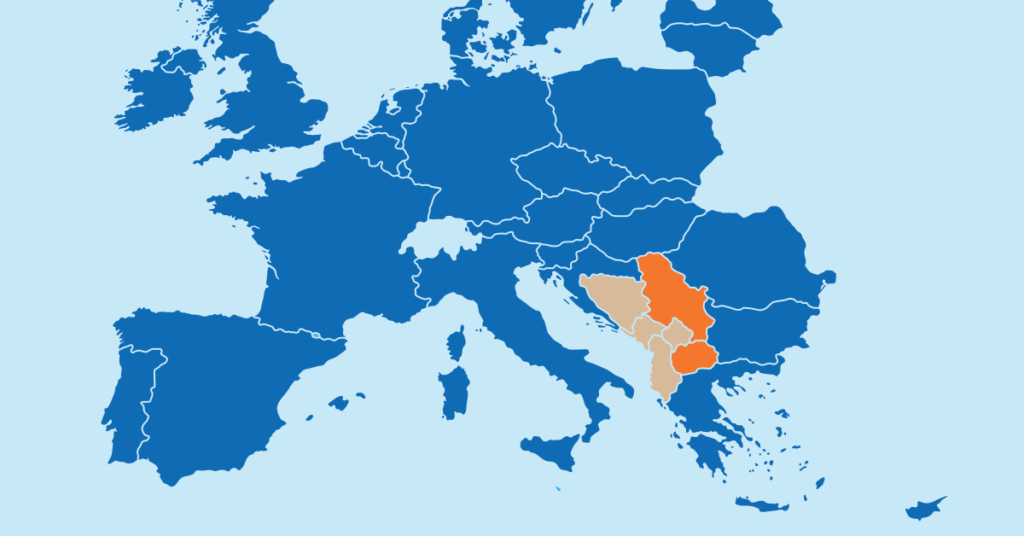What price do Serbia and Macedonia have to pay to save the EU?

- The Balkan route used by migrants coming to Europe was closed in mid-March 2016 with a stricter regime placed for border protection between Greece and Macedonia, Bulgaria and Serbia, and between Serbia and Hungary. In order to limit the flow of migrants on the external border of the EU– in Serbia especially - and to some extent between specific EU states, Serbia and Macedonia were put into an unenviable situation. Even though the route is officially closed for those who do not have guaranteed the right of asylum, the Arbeiter Samariter Bund (ASB) estimates that the number of migrants crossing the border into Serbia still grows daily by about 100 people. These people were detained by the Serbian police and army or, decided to register themselves in one of the Serbian asylum centres; there are also some who decide not to register with the Serbian authorities and to stay in a “grey zone”.
- From the Czech and Central European perspective, the closure the border on the Balkans migration path has had broader consequences for the region. In the short-term perspective, the closure of the Balkan route gives more time for the EU to solve this problem and find a joint solution with Turkey to fulfill the March 2016 agreement. Particularly in Serbia and Macedonia the migration issue is beginning to influence domestic politics to the extent that it is perceived as a security threat, and a burden to the administration. Additionally, it has also contributed to shape a specific public and political attitude towards the EU.
Nonetheless, it needs to be said that the illegal crossing is mostly supervised by organized crime, which is rooted in different levels of Serbian and Macedonian state. Even though there is a suspicion of the Serbian police being involved, no conclusive evidence has been published yet. However, it is apparent that people living in the border regions are involved in trafficking.
In addition, there is in both countries a problem with the gradual concentration of power in hands of current Prime Ministers. Even though the situation in Macedonia is definitely worse than in Serbia, both states exhibit the same symptoms when it comes to centralization of the political power and its interference into the economic sector. Actions focus on the political elimination of opponents by picturing them not as ideological rivals but as enemies of the state.
Although the integration process is not currently enjoying attention and interest from all the involved parties, for the Czech Republic and the EU itself, it is more than just important to engage in joint cooperation efforts especially in relation to the migration crisis. A EU’s disinterest in this region could lead to negative consequences.
You can download the whole publication through the PDF on the right.




